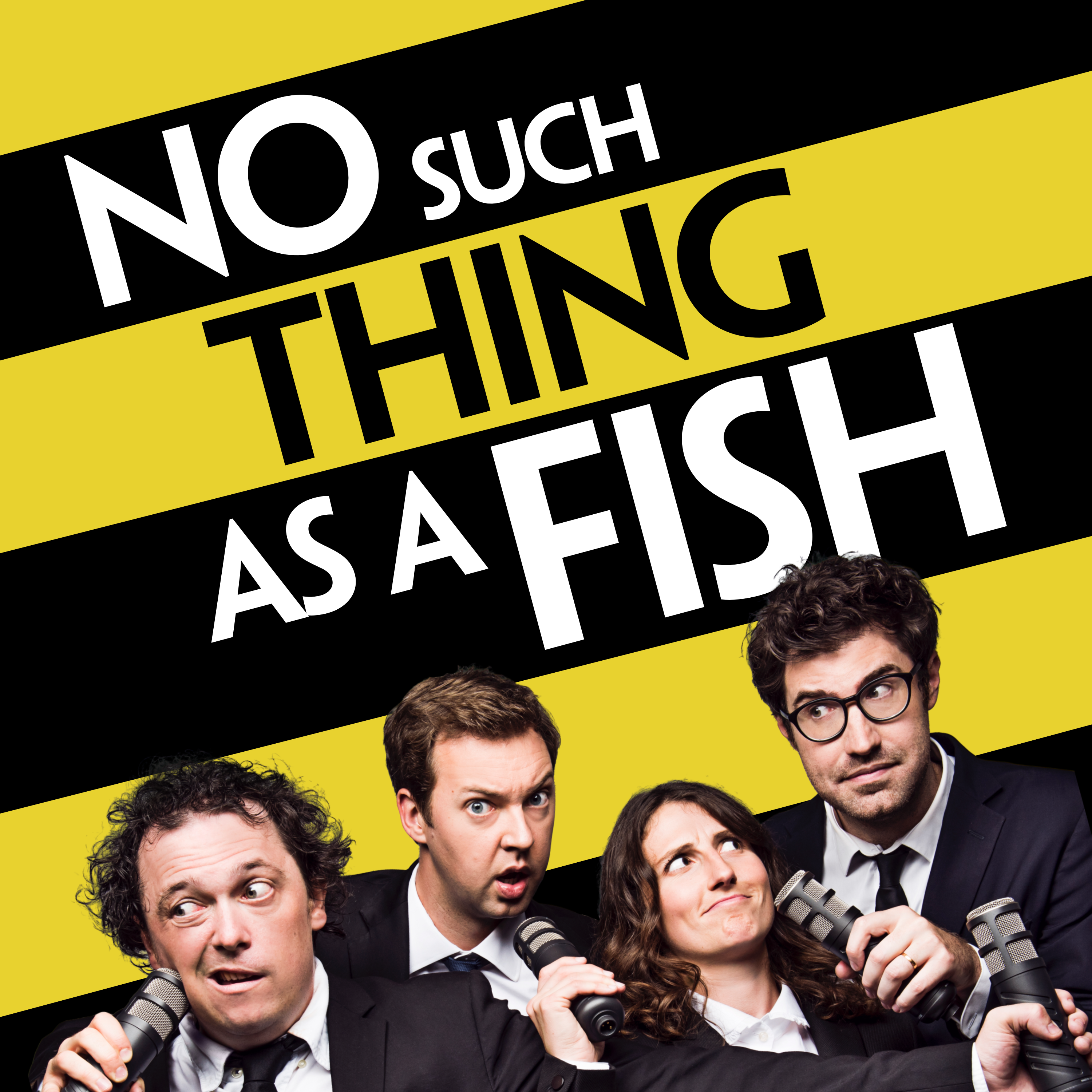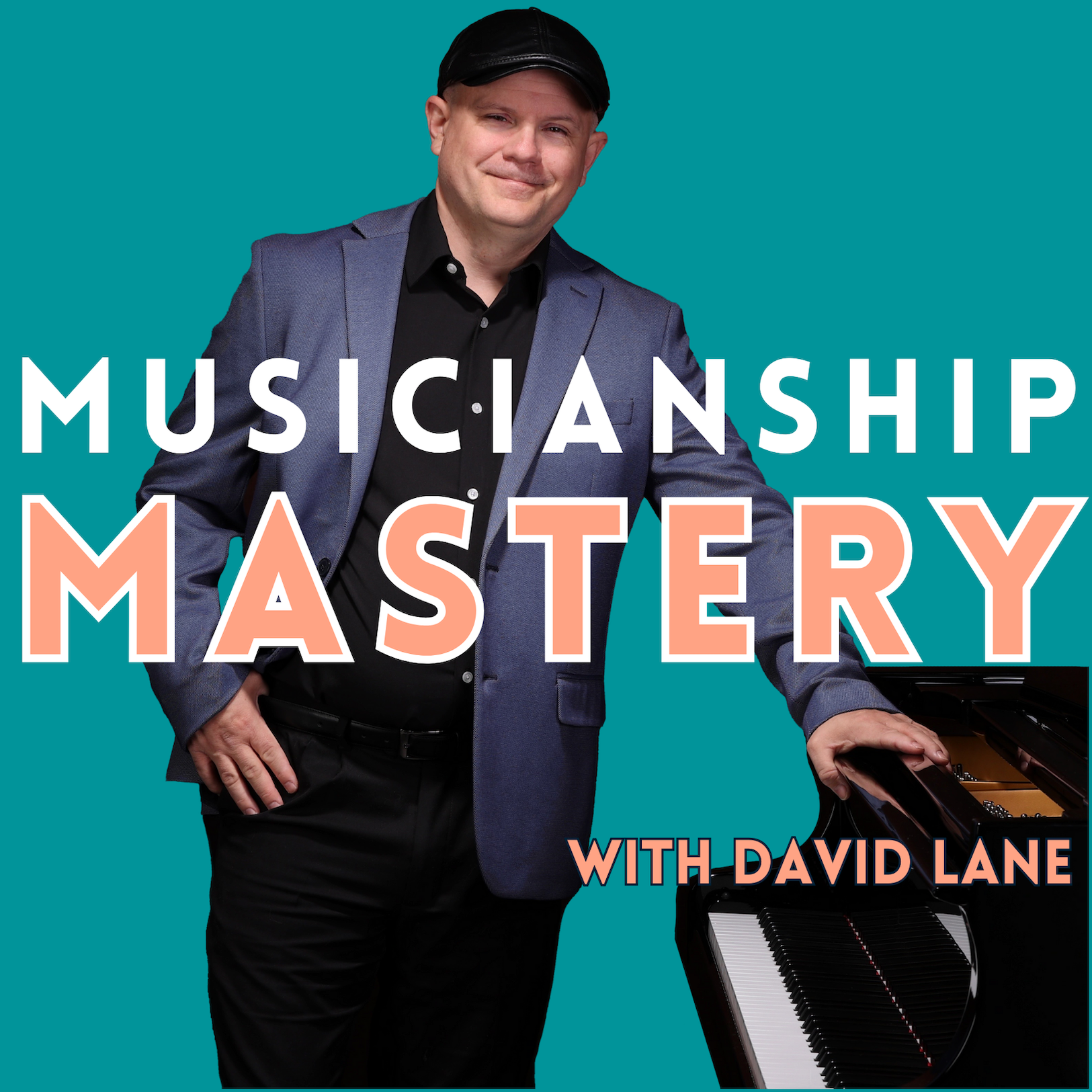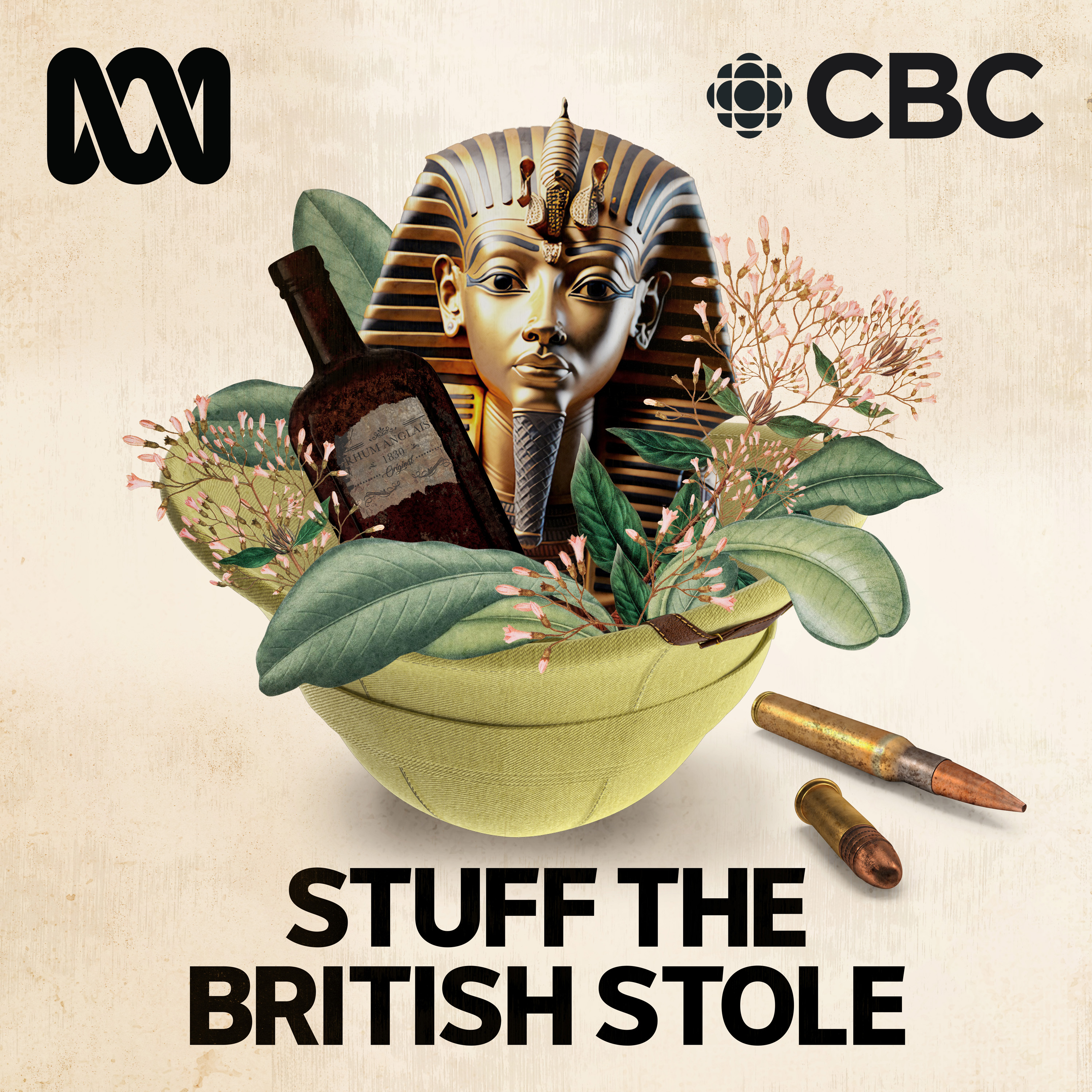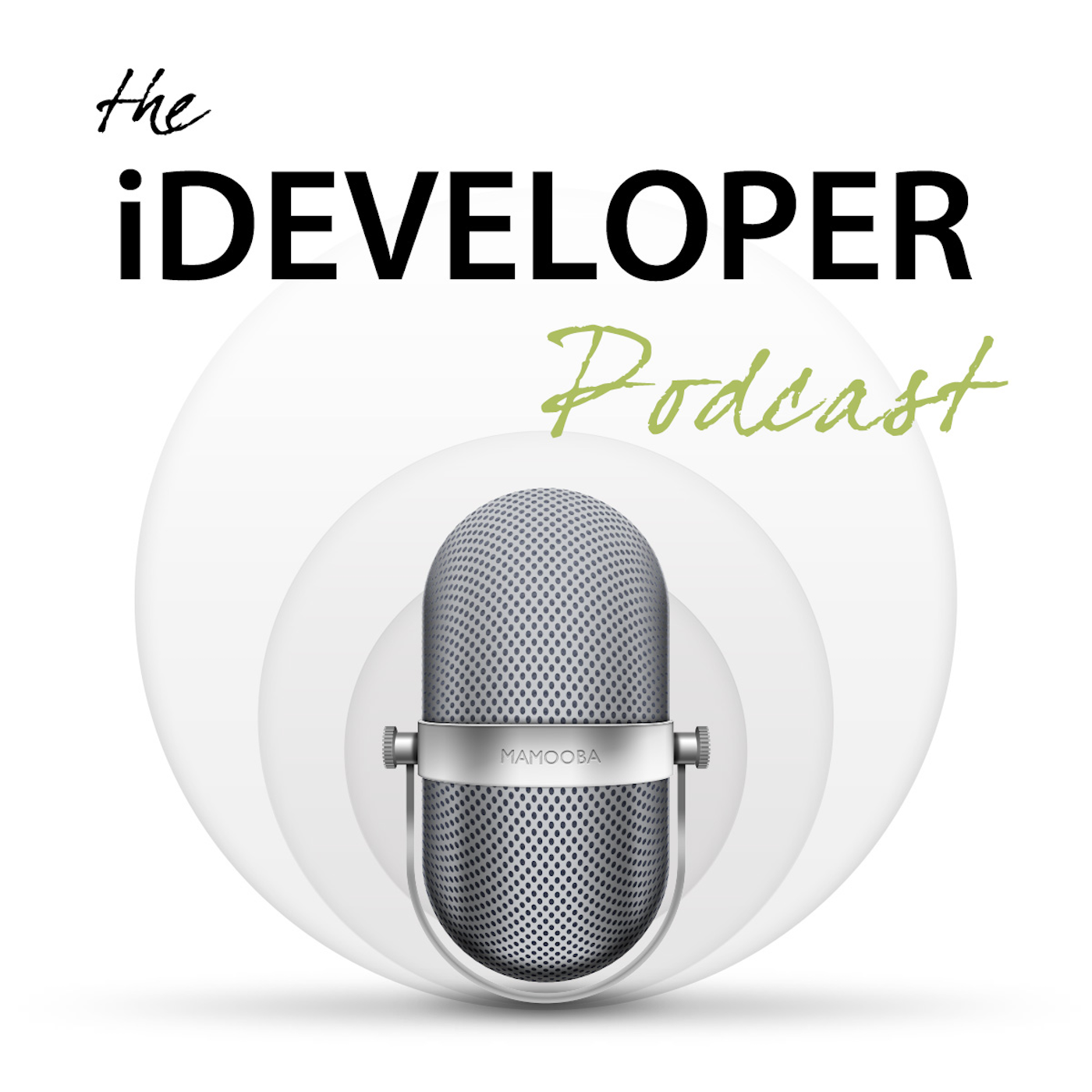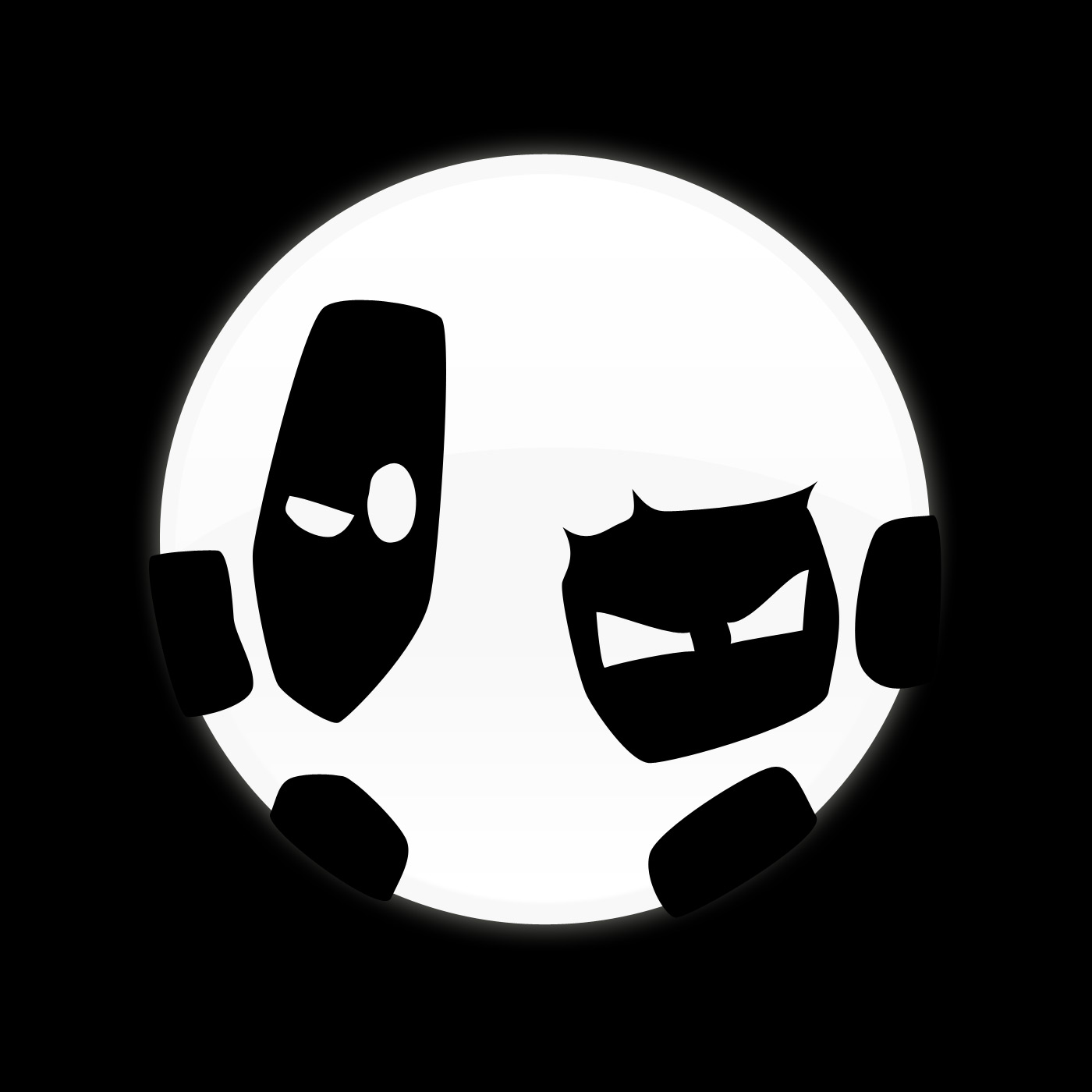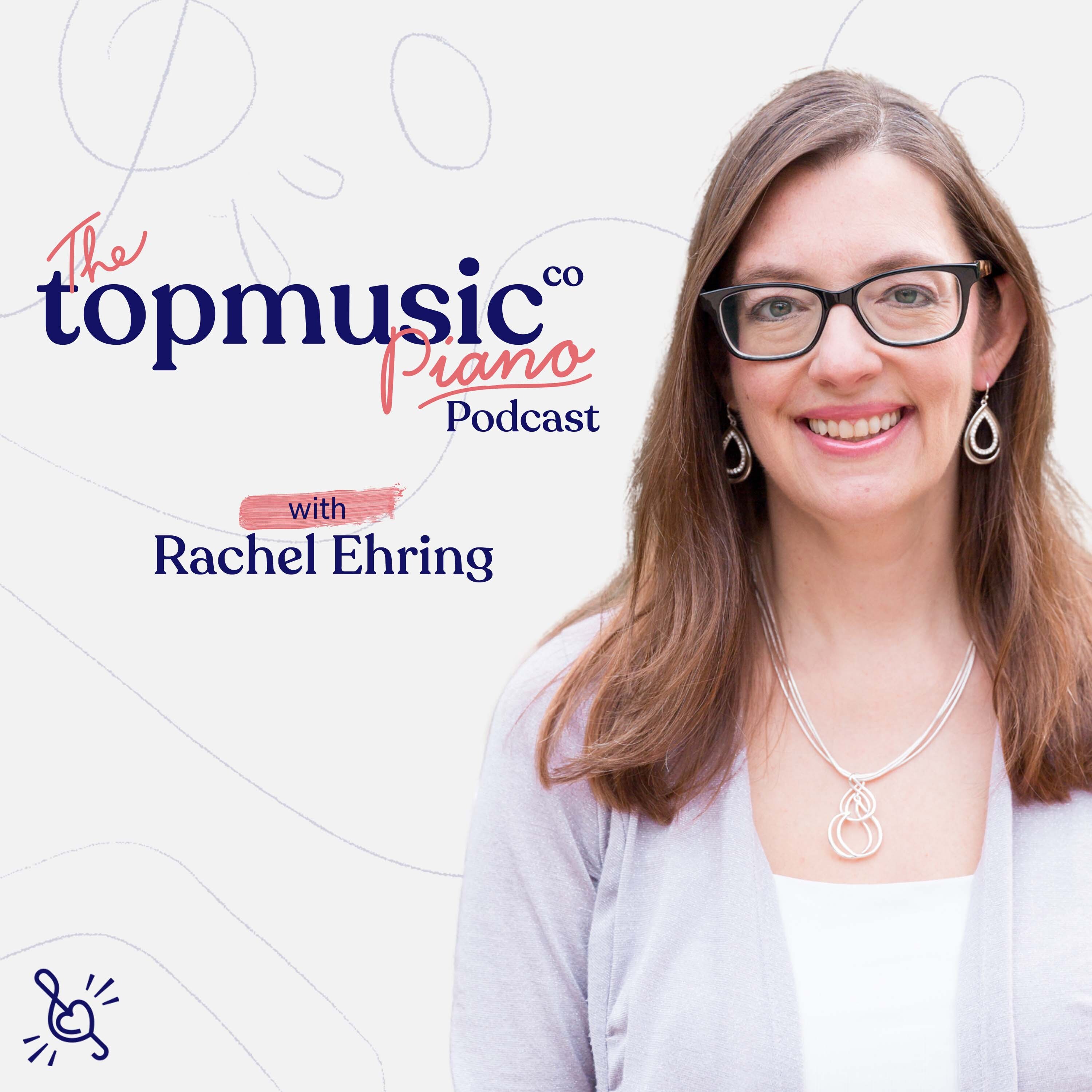
Piano, finally
Piano Finally is a podcast by an old bloke who is learning the piano, finally. I cover the process of learning the piano and music theory as an adult learner. I also review piano books, hardware and other materials from an adult learner's perspective.
Piano, finally
Episode 7 - Passing it on
Ever wondered how an old bloke like me, David Reidy, finally got around to learning the piano? Well, this week's episode is packed with insights and stories from my own musical journey.
On top of that, I dive into a review of Alfred's Basic Piano Library All-in-One Course by Palmer, Manus, and Lethco, a stellar resource for young beginners. I share my thoughts on why this series could be a great starting point for the younger folks in your life. Reflecting on the musical influences in my own life, I highlight how mentorship and guidance are vital in nurturing a love for music. Tune in to hear stories about my neighbours who played everything from the oboe to the banjo, and the importance of passing on the joy of music to future generations.
You can contact me:
- via email at david@pianofinally.show; this is probably the best option
- the show website, www.pianofinally.show
- Instagram and Threads @pianofinally
- and on YouTube
- all the podcast directories - list
- here's the RSS feed
Some of the links to books and other items mentioned in the podcast are affiliate links for Amazon or other providers. If you use one of these links, a commission may be paid to me at no additional cost to you. Thank you if you use a link.
All reviews of products, websites and services are unpaid, and no sponsorship has been received for any content on this podcast.
G'day everyone. I'm David Reidy and welcome to Piano, finally, a podcast by an old bloke who's getting around to learning the piano, finally. Welcome to episode 7. Thank you for joining me.
David Reidy:If you have found this episode randomly, you can subscribe to the podcast on any of the popular podcast networks. You can subscribe to the podcast on any of the popular podcast networks, including Apple Podcasts, spotify and iHeartRadio, or from your podcast player of choice. You can even leave reviews from there. The podcast is also available on YouTube, but it's still audio only. You can contact me by email, website or text. The website is being upgraded. It's currently on Squarespace, but I'm experimenting with moving it to WordPress.
David Reidy:You might notice that this week's episode sounds a little different to normal. That's because it's being recorded differently. I'm recording some of it, including this part, as normal at home, but I'll be recording some other parts while away in Queensland. Also, the recording at home is a week earlier than the other parts and I'm using different equipment for the recording in Queensland. I didn't want to bring my whole studio set up, so this week is my Rode portable equipment. I hope you like the variety.
David Reidy:This week's review is Alfred's Basic Piano Library All-in-One Course by Willard A, Palmer, Morton Manus and Amanda Vick Lethko. If you're starting out learning as an adult, your new pursuit is likely to spark some interest in those around you and perhaps they'll decide to give it a try too. If they're adults, point them towards the resources I've been talking about or towards the materials you're using yourself, but if they're younger, you might find yourself needing to introduce the piano to them. So this week's review is of some books that may help. Unlike adult piano method books, texts for children aren't self-directed. They assume that there will be someone guiding the new player. So I've looked for some books that are appealing to a young beginner, but at a level that I, as only a beginner myself, can handle. If the youngster shows an interest in going further, then finding a proper teacher for them would be the next step. That's the first proper piece in the book. It's very simple for the learner They've already covered finger numbers and it's being played just with the left hand on the black keys between F and B. It even comes with a duet part for the teacher, so you could accompany the new learner. Except for one thing, because the tune has been made easy for the beginner it is in B flat, so there are six flats in the key signature. You'd better practice before giving it a go. The book is quite comprehensive and more than enough to give a young beginner a decent taste of piano learning before turning them over to an experienced teacher. If you are already a good player yourself, there's probably about a year's worth of material if you want to teach them. So that's the first book of Alfred's all-in-one course. There is a whole set more. If you want to go further, I'd recommend having a look at them Passing it on.
David Reidy:None of us came up with the idea of playing the piano ourselves. We all saw or at least heard someone else doing it first. Whatever sort of music you like, someone else will have introduced you to it. Music has a long history of passing it first. Whatever sort of music you like, someone else will have introduced you to it. Music has a long history of passing it on. When I was growing up, the lady who lived across the road played oboe in the Sydney Symphony Orchestra. So although my family wasn't at all musical, I got to hear a fair bit of classical music. The father of friends down the street played stringed instruments not normal ones like the guitar, but weird ones like mandolins and banjos. I have no idea whose music I was listening to, but being around people making it meant that they passed on their interest. To me, music wasn't much of a thing at my high school. There was no formal music classes, no band competitions or other such things that seem to be the norm nowadays. Music was just passed on in passing.
David Reidy:In the last episode I spoke about getting a teacher to guide you along your musical journey. This is clearly a formal way of passing on musical knowledge, and the teacher-pupil relationship goes back millennia. But it's a formal relationship and usually involves some commitment and motivation on both sides to make it happen, and that can be hard to organise, especially in today's busy world. It also costs money and that can really be a barrier. So it's up to us adults to do our bit to pass along our love of and interest in music to the next generations. How to do this? Make yourself available.
David Reidy:One of my memories from when I was very young was visiting one of my parents' friends who had a stereo system, which was quite rare at the time. At home we had a very old record player and one record, the movie soundtrack of the Sound of Music. I remember sitting in the special chair and being played Prokofiev's Peter and the Wolf. That would have been over 50 years ago and I still remember the experience. Although I have no idea who my parents' friend was, of course I was around other music. Who my parents' friend was, of course I was around other music. My friend across the street had a portable record player and some Beatles 45s. I eventually got a cassette player and a copy of Jonathan Livingston's Seagull, but it was that early, casual exposure to classical music that has stayed with me, though I still like lots of other music.
David Reidy:Of course there is a much more practical way to pass on playing music hand-me-downs. When learning the piano, many things have a limited lifetime and can be passed along to other learners. The beginning books you have outgrown are an obvious first step, as are pieces of music that you have outgrown. You probably don't still need the sheet music for them. After all, you'll have them all memorised. There is also equipment that you have moved on from.
David Reidy:I bought my first keyboard with the intention of passing it on. I've been me long enough to know that if I really get into doing something, I will want to get the best equipment I can reasonably afford. You just have to look at the computer equipment and the phones I use. So I knew that it would be the same with the piano. I wanted something good enough to get a feel for what learning as an adult would be like, but not so expensive that it would be a waste if I didn't continue. I also knew about how much I would need to spend to be really happy with a keyboard to learn over an extended time. I've now passed that Roland FP-30X on and upgraded to the Kawaii Novus 10. I've also told the kids that if any of them get past grade 5 in their music exams which is the point at which the Roland's key action will start to limit them I'll give them the Kawaii and then I'll buy myself something new. But that's a good 5 or 6 years away at the earliest, and the choir has a 12-year warranty. Passing on the keyboard has been fun. This is the first non-toy musical instrument the kids have had and all of them have been giving it a go, even the two-year-old. Whether this will be the start of one of them having a stellar musical career I have no idea, but being able to be part of the long tradition of passing music down through the generations has been rewarding.
David Reidy:This week's YouTube channel recommendation is for an American musician living and teaching in Australia. You might think I've just randomly found someone to include in the show, but you'd be wrong. This week's musician is Finn Purcell, my first piano teacher. When I was looking to begin at the local conservatorium, I read Finn's bio. It said that, in addition to many years of experience, he was interested in harpsichords. I've always liked harpsichords too, so that's one of the reasons I picked Finn as my first teacher. Recently, finn took delivery of a two-manual harpsichord. He has put up videos of himself playing some pieces and it sounds great. If things work out, I could see myself getting a harpsichord like this in the distant future. Finn also has videos of himself playing many classical piano pieces, and I'd thoroughly recommend visiting and subscribing to his channel. There's a link in the show notes.
David Reidy:Well, that's it for this week. If you'd like to contact me, email is the best way. You'll find me at david@ pianofinally. show and the website at www. pianofinally. show. In both cases, pianofinally is all one word. The show is also on Facebook, Instagram and Threads. You can subscribe to it from any of the popular iOS or Android podcast applications or from directories such as Apple Podcasts, Spotify or YouTube Podcasts. The show notes for this episode are on the website and include a text me link which will let you send me a message. I hope the different recording setups haven't been too distracting. This should all return to normal for next week. So until the next episode, I hope your piano stays in tune and you enjoy your time at the keys. This week's practice was recorded on a different instrument than normal. As I'm up in Queensland, I recorded on the Roland FP-30X I've handed over to Nixon, Halle and Ace.
David Reidy:It has a very different feel to the Kawai, but it's still a nice instrument and was definitely a good choice as a starter.






